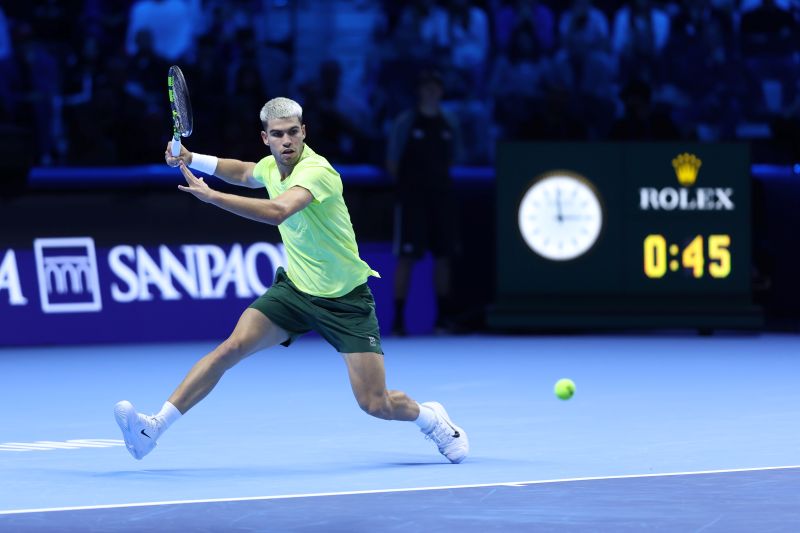[ad_1]
Serena Williams is the greatest female tennis player of all time, and during her tennis career, she found motivation in many different ways.
One of the most underrated elements of winning, in any sport, is motivation. While some have the motivation to keep improving and winning again and again, others lose it very quickly.
For example, Ashleigh Barty retired less than a year after winning the Wimbledon Championships, as that was one of the biggest career goals, and after achieving it, and spending tens of weeks as the World No. 1 player, she simply wasn’t motivated anymore.
That clearly wasn’t the case for Serena Williams. She won again, and again, and again, and a few more times. The American won 73 titles on the WTA Tour, out of which 23 were majors, and she won countless of other awards.
Naturally, she had to find some motivation to keep winning over and over again. One of the main motivators was obviously her legacy as a tennis player, but early on in his career, Serena found really interesting motivation to do well.
Speaking during her documentary, In the Arena: Serena Williams, the 42-year-old revealed how an unsuccessful relationship early in her career motivated her to do well.
From her telling, it was in 2001 when she experienced the heartbreak. At the time, Williams has already introduced herself on the biggest stage, having won the 1999 US Open, and that year, she played in her second US Open final, after making at least the quarter-final of sixth consecutive major.
Despite having plenty of success on the tennis court, the same couldn’t be said about her private life. As she revealed in the documentary, while she was spending time in Washington D.C. with her sister, Venus Williams, she was seeing a guy who she was dating.
However, when she went home after their trip to D.C., the person she was dating “ghosted” her, meaning that she simply couldn’t reach him again.
“A few days after the US Open final, I’m in DC with my sister. I see this guy that I’m dating, so and so. and I stayed at his house for a couple of weeks. It was the first relationship I ever had. I was in my twenties. I go home. He ghosts me. I got ghosted.”
While for some, this wouldn’t be a life-altering situation, Serena took it as motivation. She wanted her ex-boyfriend to see her everywhere he looked, and he very likely saw her everywhere he looked for the following two decades.
Right after the heartbreak, Williams went on to win four consecutive Grand Slam tournaments, from the 2002 French Open to the 2003 Australian Open, and it was also thanks to the new motivation.
“It wasn’t even that serious, but it was like I used that and I made it way more serious than what it was. So when he ghosted me I used that as an opportunity to say, he’s going to regret this for the rest of his life. That was just the motivation I needed to go the extra mile. I’m gonna make sure this person sees me everywhere for the rest of their life.”
[ad_2]


